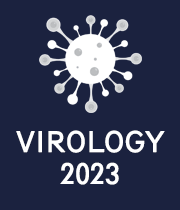Regulation of Viral Gene Expression
Gene regulation, also known as gene expression regulation, refers to the various strategies that cells use to promote or reduce the output of specific gene products (protein or RNA). In biology, complex gene expression programs are frequently observed, for example, to initiate developmental pathways, respond to environmental stimuli, or adapt to new food sources. From transcriptional start to RNA processing through protein post-translational modification, virtually any stage of gene expression can be manipulated. In a gene regulatory network, one gene regulator often controls another, and so on. Gene regulation is important for viruses, prokaryotes, and eukaryotes because it boosts an organism's variety and adaptability by allowing the cell to express protein only when it is needed.
- Gene Regulation and Proteins
- Modifications in Gene
- Post-Transcriptional Regulation
- Regulated Stages of Gene Expression
- Regulation of Transcription

